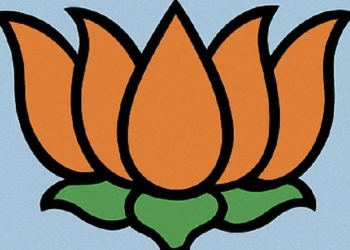New Delhi: About 17.1 per cent Covid-19 patients continue to suffer persistent or new onset symptoms, according to a new study by the Indian Council of Medical Research (ICMR).
The symptoms of long Covid or post Covid condition (PCC) include fatigue, breathlessness or neurocognitive abnormalities. PCC was also linked with 2.7 times higher odds of post-discharge mortality.
The study led by ICMR’s Clinical Studies and Trials Unit also showed that 6.5 per cent patients hospitalised due to Covid lost their lives a year post-discharge.
Younger as well as older age, male gender, moderate-to-severe disease and presence of comorbidities are associated with higher odds of post-discharge one-year mortality, revealed the study based on the data of 14,419 patients across 31 hospitals.
Among the 14,419 participants who were followed up at least once between four weeks and one year post-discharge, 942 (6.5 per cent) had died, and the remaining 93.5 per cent were reported alive during one year of follow-up.
The odds of dying after the first follow-up between 4-8 weeks were higher among those with comorbidity and those who reported PCC.
“The odds of death after the first follow-up were lower among those who had a moderate-to-severe disease during initial hospitalisation and had received anti-SARS-CoV-2 vaccination, although the association was not significant,” the researchers said, in the paper published in the Indian Journal of Medical Research.
However, vaccination before the Covid-19 infection offered 60 per cent protection, the study showed.
“Vaccination before the Covid-19 infection confers protection to post discharge mortality,” it added.
Multiple studies have identified increasing age as a risk factor for post discharge death.
“The current analysis additionally showed that the participants younger than 18 years had 1.7 times higher odds of dying after discharge from the hospital.
“Our earlier reports have shown that comorbidities among admitted children are more severe, such as malignancies, kidney disorders, haematological disorders and others.
(IANS)













